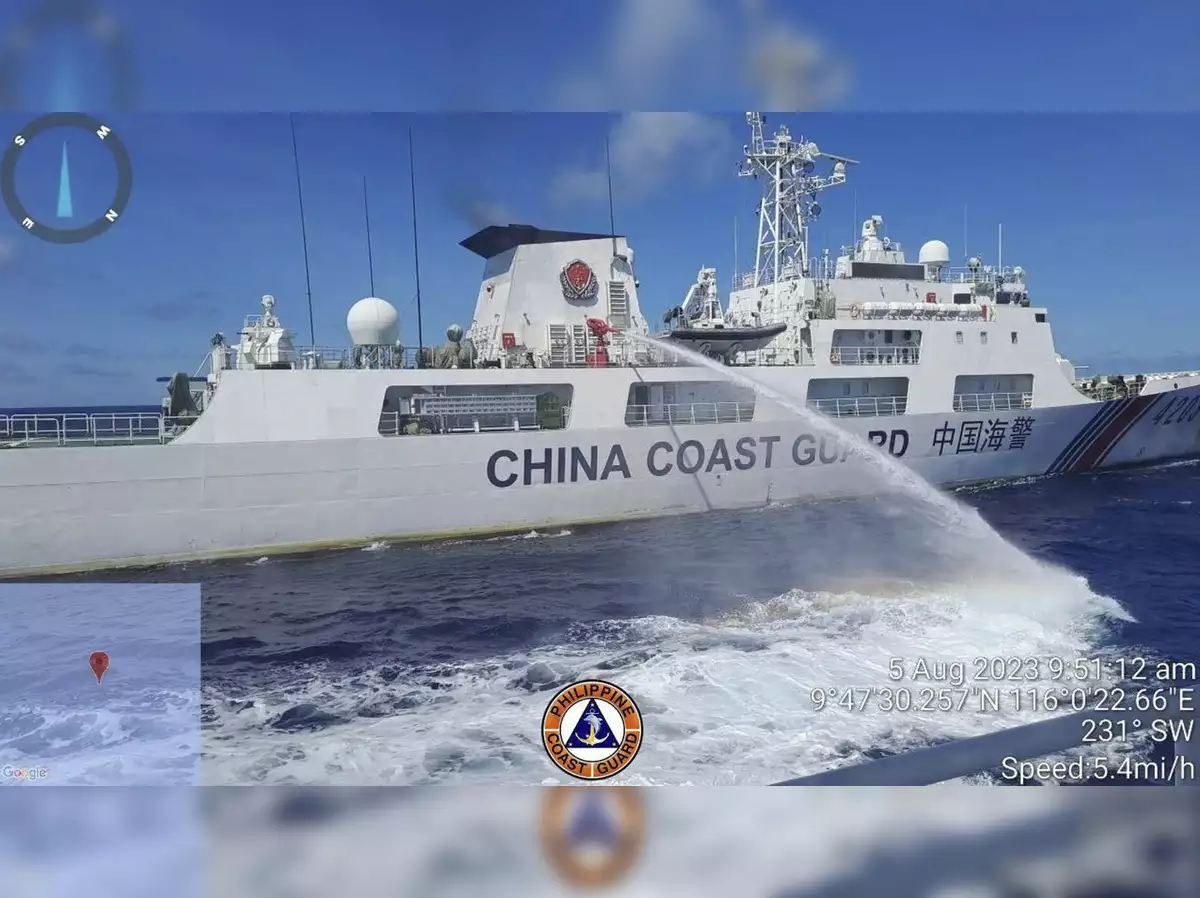In an era where information is instantaneous and global events can have local repercussions, staying informed is crucial. The world is more interconnected than ever, and understanding the dynamics of international affairs is essential for individuals and communities alike. This article aims to provide a comprehensive overview of some key events shaping our world today, touching on politics, economics, environment, and technology.
Political Developments: A Shifting Landscape
Politics around the globe has seen significant upheaval in recent years. In many countries, populism and nationalism have surged, leading to a re-evaluation of long-standing political alliances and agreements. For instance, the rise of leaders who prioritize national interests over international collaboration has been notable in regions like Europe and the Americas.
In Europe, the aftermath of Brexit continues to resonate, as the United Kingdom navigates its newfound independence while grappling with economic and social challenges. Meanwhile, the European Union is facing pressures from member states pushing for greater autonomy, raising questions about the future cohesion of the bloc.
Across the Atlantic, the United States is witnessing a polarized political environment, with debates intensifying over issues such as immigration, healthcare, and climate change. The upcoming elections are expected to play a crucial role in shaping the political landscape, influencing both domestic policies and international relations.
Economic Trends: Navigating Challenges
The global economy is in a state of flux, marked by post-pandemic recovery efforts and ongoing geopolitical tensions. Inflation rates have surged in many countries, prompting central banks to adjust their monetary policies. The impacts of these changes are felt by consumers and businesses alike, leading to discussions about economic resilience and sustainability.
In Asia, China continues to be a focal point of economic discussions. Its growth trajectory, coupled with the challenges posed by trade relations with the West, particularly the U.S., creates a complex economic environment. China’s Belt and Road Initiative remains a critical factor in its global economic strategy, influencing infrastructure development in numerous countries across Asia, Africa, and beyond.
In contrast, many developing nations are struggling with debt and economic instability. The pandemic exacerbated existing vulnerabilities, and international financial institutions are under pressure to provide support. The importance of equitable access to resources and economic opportunities is increasingly recognized as vital for global stability.
Environmental Concerns: A Call to Action
Climate change remains one of the most pressing issues facing humanity today. The latest reports from the Intergovernmental Panel on Climate Change (IPCC) have underscored the urgency of addressing rising global temperatures and their associated impacts. Extreme weather events, rising sea levels, and biodiversity loss are just a few of the alarming consequences that have become more frequent.
Governments and organizations around the world are making commitments to reduce carbon emissions, transition to renewable energy, and promote sustainable practices. The recent COP summits have highlighted the importance of international cooperation in tackling climate change, but challenges remain in meeting targets and ensuring accountability.
Grassroots movements advocating for environmental justice are gaining momentum, calling for systemic changes that prioritize the planet’s health alongside social equity. The intersection of climate action and social justice is becoming a central theme in discussions about sustainability, with activists demanding that vulnerable communities are not left behind in the transition to a greener future.
Technological Advances: Innovations and Implications
The rapid pace of technological advancement continues to transform societies across the globe. From artificial intelligence to biotechnology, innovations are reshaping industries, economies, and daily life. The implications of these developments are vast, presenting both opportunities and challenges.
AI technology, in particular, is at the forefront of discussions about the future of work. While automation promises increased efficiency, it also raises concerns about job displacement and the need for reskilling. Policymakers are grappling with how to balance innovation with the workforce’s needs, emphasizing the importance of education and training programs.
Cybersecurity is another critical area of focus as digital infrastructure becomes increasingly integral to national security. High-profile data breaches and cyberattacks have highlighted vulnerabilities that can affect everything from individual privacy to national economies. Governments are investing in cybersecurity measures, but collaboration between the public and private sectors is essential for effective defense against evolving threats.
Global Health: Lessons Learned
The COVID-19 pandemic has highlighted the importance of global health cooperation. While vaccine distribution has improved significantly, disparities remain between wealthy and developing nations. The World Health Organization (WHO) is advocating for equitable access to healthcare resources, underscoring the interconnectedness of health systems worldwide.
In addition to COVID-19, other health challenges persist, including the rise of antibiotic resistance and the need for comprehensive mental health services. The pandemic has prompted a re-evaluation of healthcare priorities, emphasizing the importance of preventative measures and robust health systems.
Emerging infectious diseases continue to pose a threat, necessitating ongoing surveillance and research. Global health security is a shared responsibility, and countries must work together to address both current and future health crises.
Conclusion: A Complex Interconnectedness
As we navigate the complexities of today’s world, it is essential to recognize the interconnectedness of global events. Political decisions made in one country can reverberate across borders, impacting economies, environments, and societies worldwide. Staying informed and engaged with international affairs is crucial for fostering understanding and collaboration among nations.
The challenges we face are significant, but they also present opportunities for innovation and progress. By embracing cooperation and advocating for equitable solutions, we can work towards a more stable, sustainable, and just world. As citizens of a global community, our awareness and actions can contribute to shaping a brighter future for all.

